The global pandemic has introduced us to heavy social restrictions that we never had to deal with before.
The requirements around social distancing, self-isolation and in some cases quarantine have set strong limitations on our personal freedom and other rights we have never had reason not to take for granted.
The associated ongoing disruption to our daily routines is painful. Change, having to give up comfortable practices and longstanding habits, always is. It forces us to confront uncertainty – the vague but powerful threat of the unknown – and to admit that all the sense of control over our lives we may have been holding on to has been a delusion. The current pandemic also means that we are forced to slow down in many aspects of our lives, and to be with ourselves in a way we may have always been able to avoid.
Prior to COVID-19, we were used to the ready availability of 24/7 distraction, whenever we felt we needed or wanted it. For many of us, life used to revolve around the next project, task, achievement, holiday, party, networking event, physical indulgence or other immersion in external stimulation.
It’s no surprise that suddenly finding ourselves at home, with not much else to do than just be, can be a frightening, overwhelming experience.
With nothing much to do to quieten down our fear, anger, frustration, confusion or grief over the normal life we have been asked to let go, our thoughts and emotions may suddenly feel amplified and even uncontrollable.
As writer and actor Josh Radnor put it in his thoughtful and moving discussion1 of this strange time: “No more running around, no more chasing the dragon of business, achievement and validation.” Our urge to immerse ourselves in external distraction keeps crashing into a wall of physical distancing and self-isolation obligations, over and over again.
Why is this so difficult for us to do? Why can we not just hold still for this moment in our lives, and use this time as a welcome pause from our usual busy-ness?
A study conducted by social psychologist Timothy Wilson and colleagues (University of Virginia, 2014) showed that many participants preferred inflicting electric shocks on themselves to just sitting in the lab with nothing else to do.2
These findings are startling and bring to mind the famous quote from French philosopher Blaise Pascal: “All of humanity’s problems stem from man’s inability to sit quietly in a room alone.” Needless to say, ‘man’ includes all of us, regardless of genetic make-up, age group or social background – there is no running away from this crisis. The virus is holding us all in this tight grip, whether we are in a specific risk group or not.
In his essay, Radnor goes on with a poignant self-observation in relation to advice about trying to meditate: “Sometimes there’s something almost frightening about closing my eyes, unhooking myself from the world of form, and confronting the dark spacious emptiness of my own psyche. Actually, strike that. ‘Emptiness’ is the wrong word. My mind is filled with myriad competing voices vying for my attention.” If you ever thought you may be the only person harbouring disquieting ideas like this, please take this as proof that you are not.
But now that we are literally backed into the corner of our living rooms, we will have to learn to face ourselves and the ‘myriad of voices’ within. Your ability to have compassion and patience with whatever you may discover inside is an essential skill needed to work through these emotions and thoughts. Trying to push them down or ignore them will only increase their power and control over you.
Maybe it’s not so hard to be with yourself for a little while after all.
Showing kindness to ourselves, practising radical acceptance of who we are (which doesn’t exclude a strong commitment to lifelong personal growth!) and taking care of our emotional, mental and spiritual needs are not things that are taught to us much, if at all.
Instead, we are usually given a large variety of tools and options to distract ourselves from any uncomfortable, painful and undesirable thoughts and feelings that may reside within us – the world of easy, fast and always available distractions we have built for ourselves.
In order to learn to just be with ourselves again, the first step is to make space and time for simple yet powerful self-care and mindfulness practices that help us to slow down, connect with our body and senses, and calm down our anxious minds. Here are some ideas and suggestions:
Connect with your body and all your senses
- Tune into your breath. Follow it as it enters and leaves your body, and stay with it for at least 10 rounds. Put one hand on your chest and the other one on your belly to feel how your whole body expands and contracts with your breath.
- Gently stretch and move your whole body. Start slow, tune in to find areas of tension and stiffness. Give sore, achy parts a good rub.
- Take a bath, maybe adding some lavender, chamomile, orange or rose oil to help you relax and enjoy the comforting sensation of being immersed in warm water.
- Put an oil diffuser on and enjoy peaceful, uplifting or dreamy aromas. Experiment with fruity, herbal, earthy or floral notes and observe if they change your mood or energy in different ways.
- Go for a walk and stay in the moment. If you are at the beach, feel the sand under your feet and how you are slightly sinking in with each step. Hear the waves crashing or gently rolling ashore. If you choose a forest walk, smell the trees, listen to the soft sounds the moving leaves are making in the wind. Wherever you are, use all your senses to deepen the experience.
- Lean back, close your eyes, and listen to your favourite type of music. Try to pick out and focus in turn on individual elements of each song, for example, melody, rhythm and lyrics.
- Connect with your mind
- Sit still for five minutes, doing nothing, and marvel at how surprisingly hard this is. Settle into a comfortable position and let go. Don’t move until you absolutely have to. Watch the thoughts and emotions that are coming up, and how they disappear again.
- Genuinely compliment yourself. What skill have you worked hard on to master? What unique quality are you bringing to the world? What achievement are you proud of? What obstacles in your life (or that of others) have you been able to remove?
- Write a letter to your younger self. Describe the most important lessons that you have learned, the challenges you have overcome, the happiness you have found along the way, the heartbreaks and the successes. What’s the most important message you would like to give to your teenage or student self?
- Listen to an inspiring or insightful podcast. Try to pay attention to the whole episode, without stopping and pausing to do something else. Avoid any simultaneous tasks – just sit back and absorb the voices and the information they are sharing with you.
- Completely unplug for half a day or longer. Switch off all mobile devices and go offline. Resist the urge to switch it back on early ‘just to check’ for important messages or news. It’ll still be there when you finally go online again.
How do you feel now? Maybe it’s not so hard to be with yourself for a little while after all – or at least it’s not insurmountable. My advice is to remain open to the possibility that, intertwined with all the dreaded ‘messy’ feelings of fear, anger, sadness, confusion, shame and disappointment which we may encounter within, we can also find hope, love, joy, happiness and gratitude.
It’s all there, all mixed together and waiting for you to discover, accept and own it, one by one.
Rebecca Niebler offers more wellbeing guidance in videos available from the QLS On-demand resources page. See, for example, Wellbeing: Isolation, implications and solutions.
Rebecca Niebler is Queensland Law Society Organisational Culture and Support Officer.
Footnote:
1 thriveglobal.com/stories/josh-radnor-time-of-greatlove-and-great-suffering/
2 sciencemag.org/news/2014/07/people-would-ratherbe-electrically-shocked-left-alone-their-thoughts
This story was originally published in Proctor May 2020.


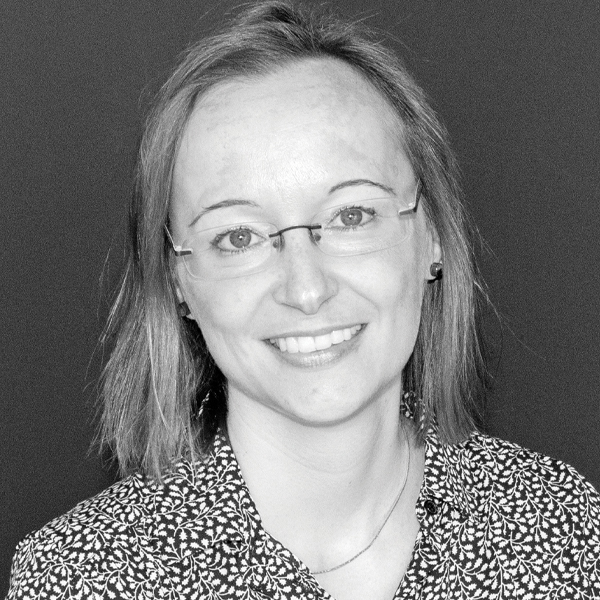
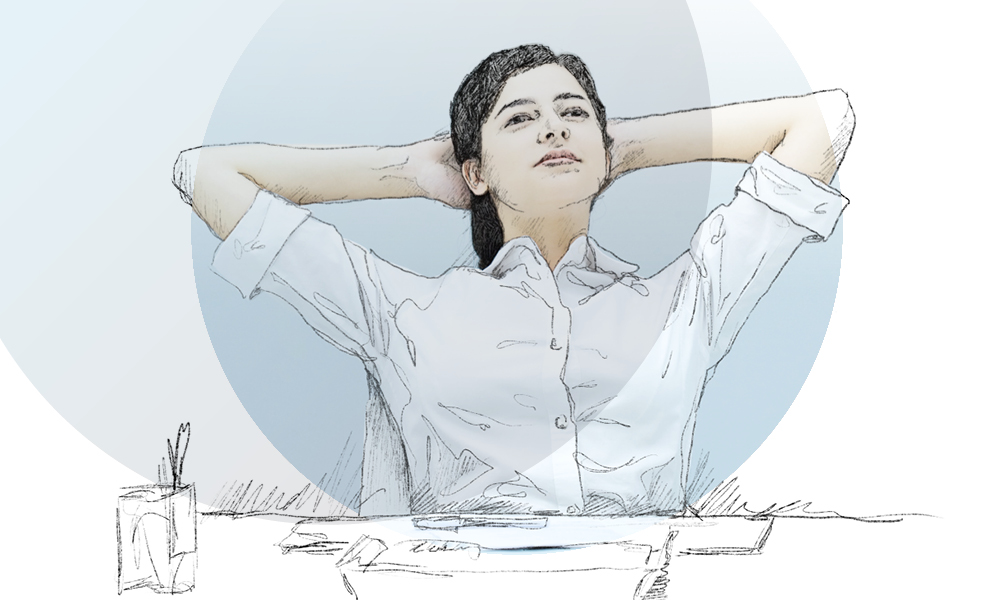



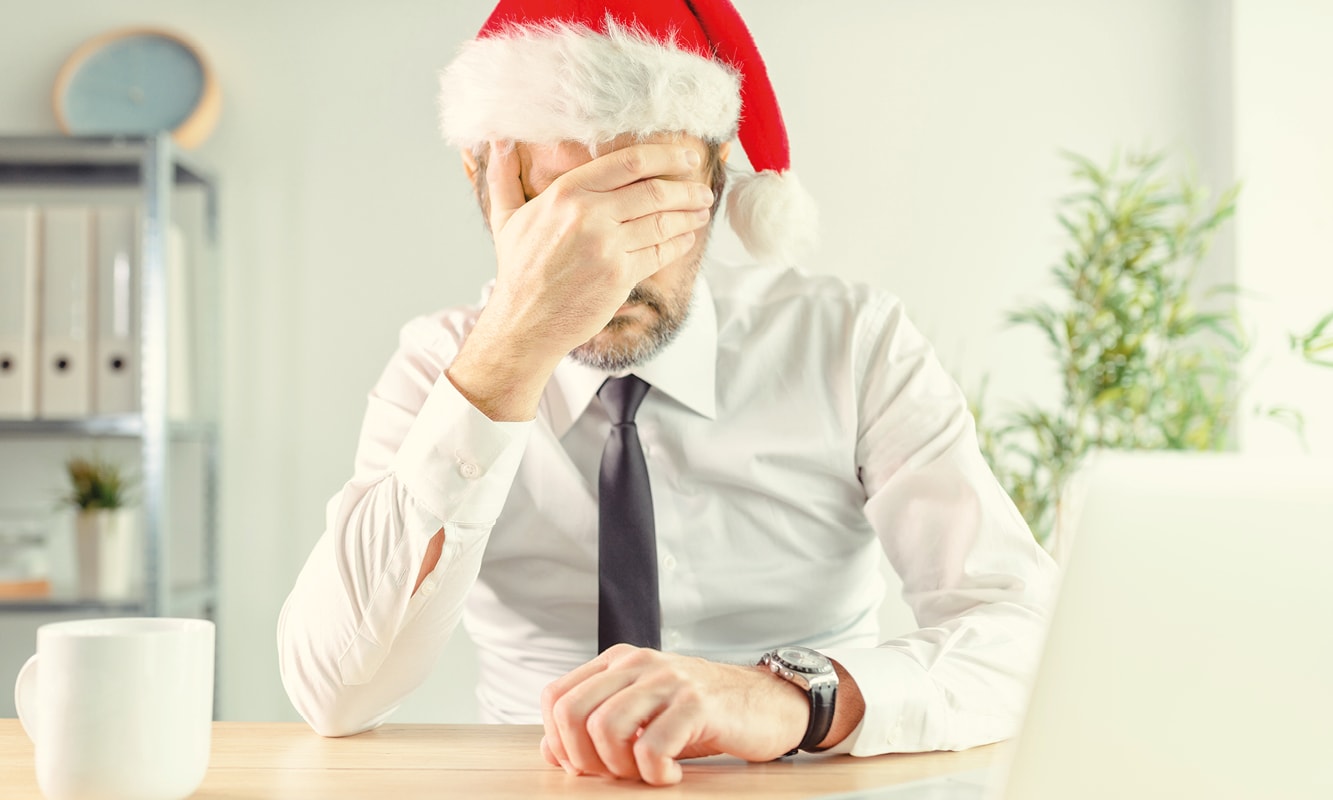
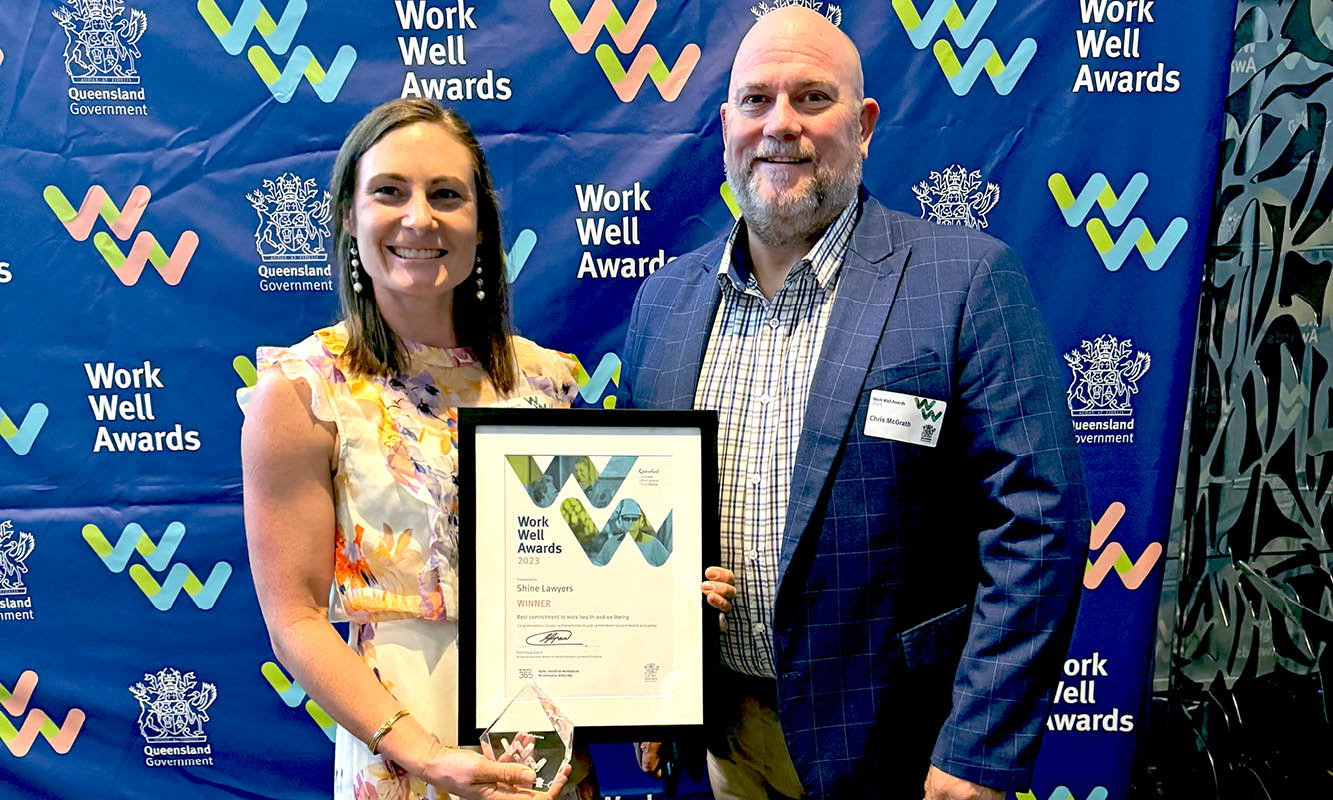
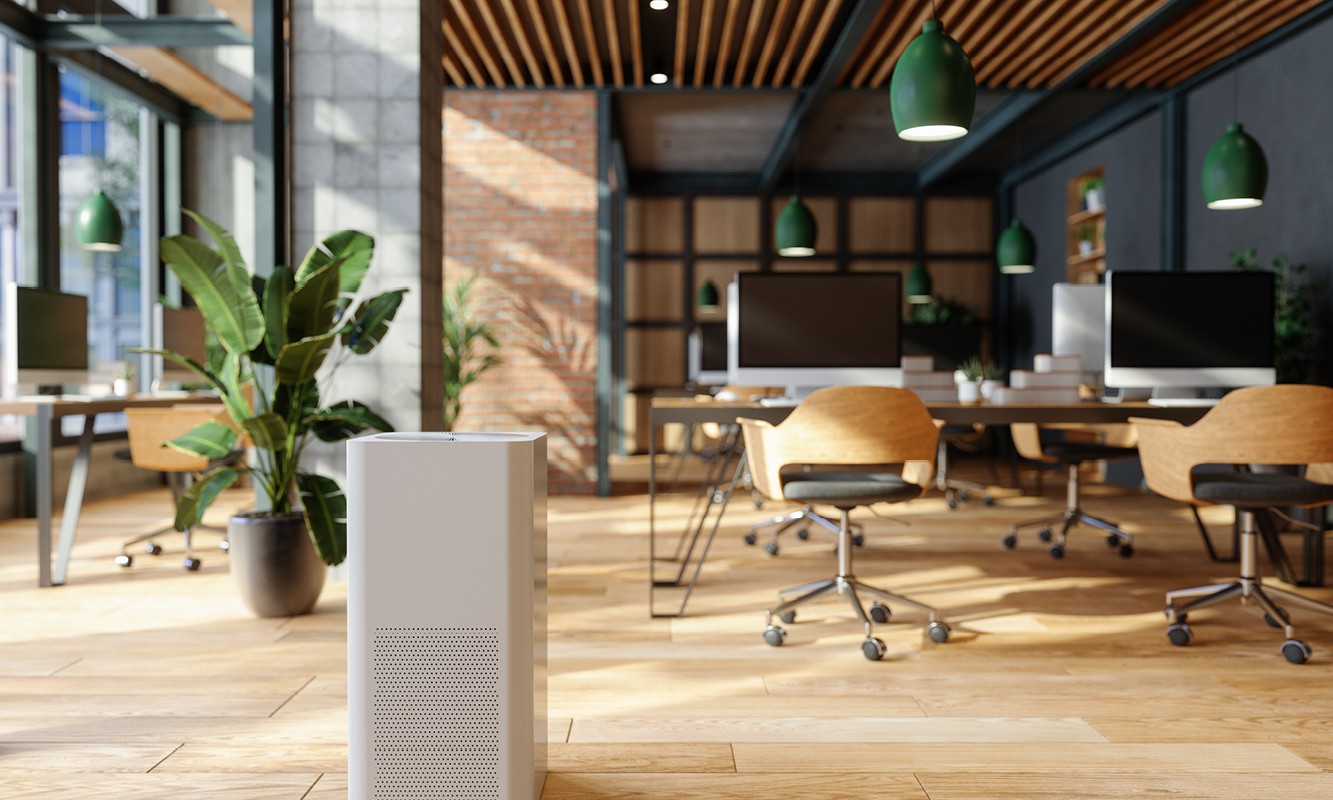
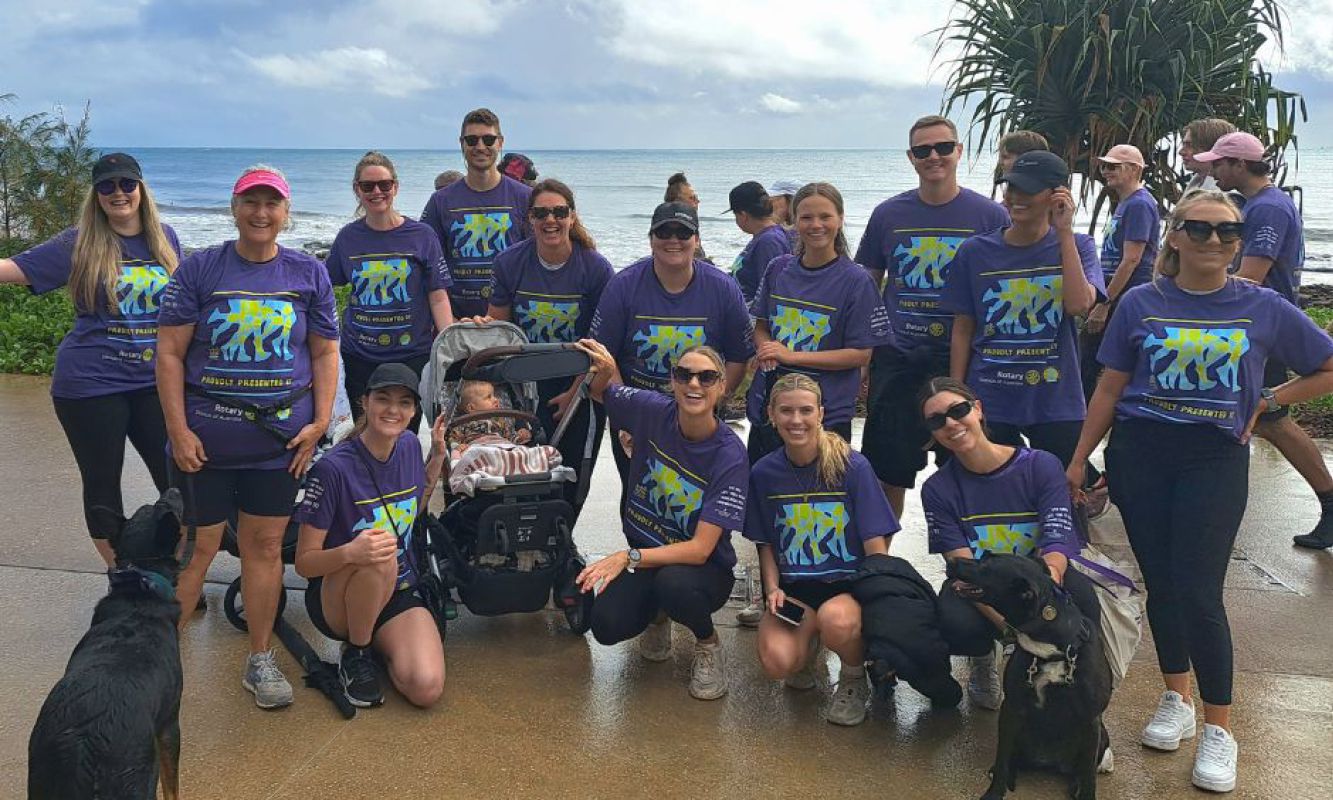
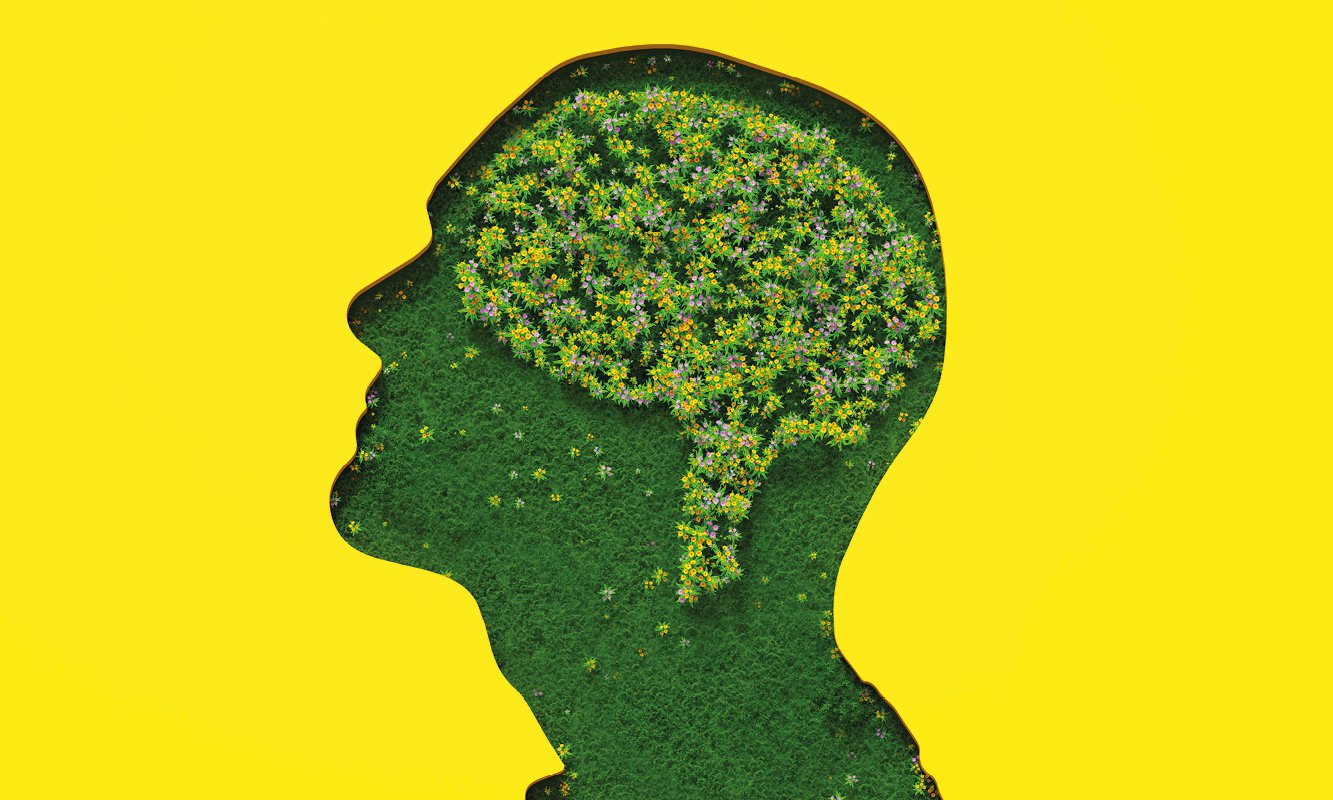

Share this article